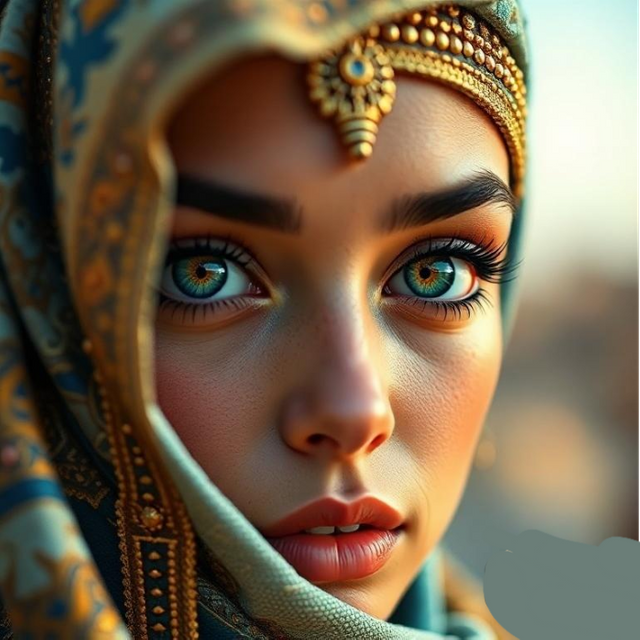Shocking Fact about Ancient Egyptian Beauty: The Ideal of Beauty and Cosmetics
In Ancient Egypt, the concept of beauty was not only aesthetic but also encompassed deep cultural and spiritual aspects of life. One of the most shocking facts is that Egyptians used various cosmetic products not only to enhance their appearance but also for protection and healing.
Cosmetics as Protection
Ancient Egyptians placed great importance on their appearance. Both men and women used cosmetics, such as green and black kohl (malachite and galena), to accentuate their eyes. However, it was not merely a matter of beauty. Experts believe that cosmetics also served as protection against the sun and infections. For example, kohl contained copper and lead, which had antibacterial properties that helped prevent eye infections.
The Significance of the Eyes
Eyes in Ancient Egypt were considered a special symbol of protection and power. They were depicted on amulets and artifacts, as it was believed that they could ward off evil and bring good fortune. Cosmetics that highlighted the eyes played a key role in their culture, transcending the boundaries of ordinary makeup.
Сosmetics Used for Ritual Purposes
Cosmetics also played a significant role in rituals and religious ceremonies. High priests and noble women employed elaborate cosmetic routines that included various oils and aromatic substances to greet the gods and emphasize their special connection with them.
Cosmetics and Status
The use of cosmetics also highlighted social status. The thickness of eyeliner, the amount of makeup applied, and the use of different colors served as a means to demonstrate wealth and belonging to the upper classes. As a result, cosmetics became an integral part of the cultural identity of ancient Egyptians.
Сonclusion
Thus, the shocking fact about Ancient Egyptian beauty is that cosmetics not only accentuated physical attractiveness but also provided protection against diseases and enhanced spiritual connections with higher powers. Beauty in this ancient society was far more multifaceted than mere external perception—it was an essential part of life, significance, and culture.
